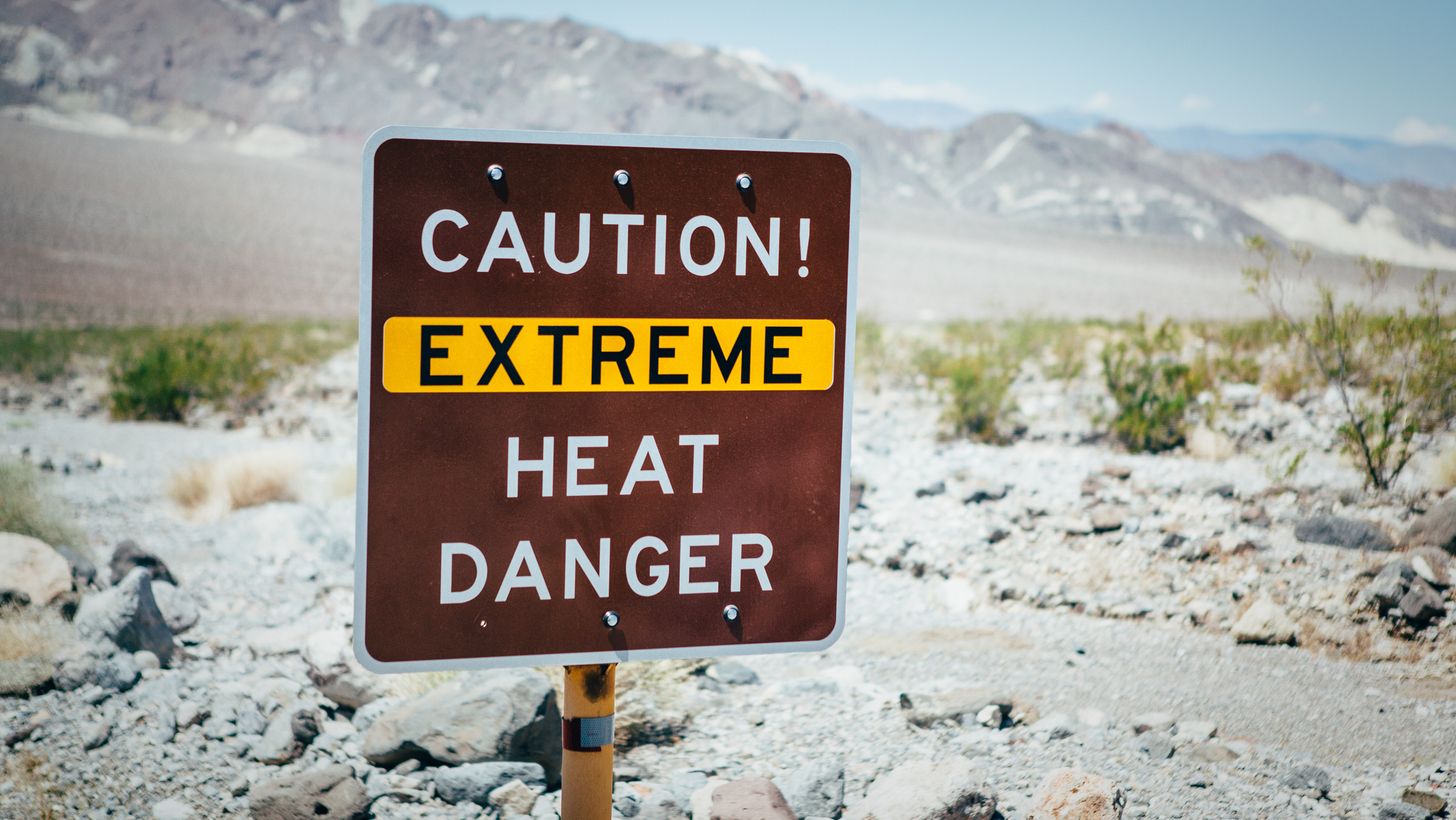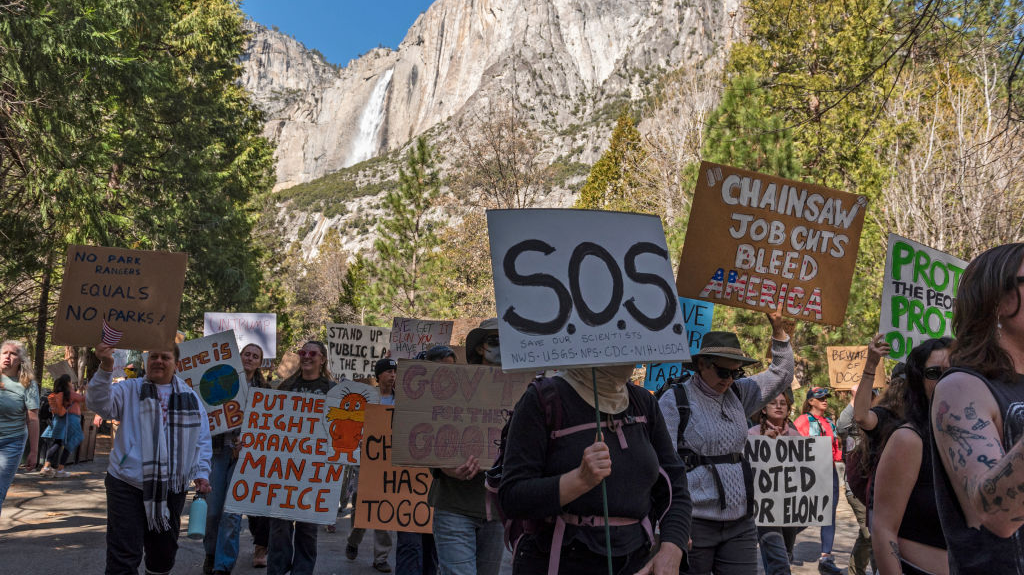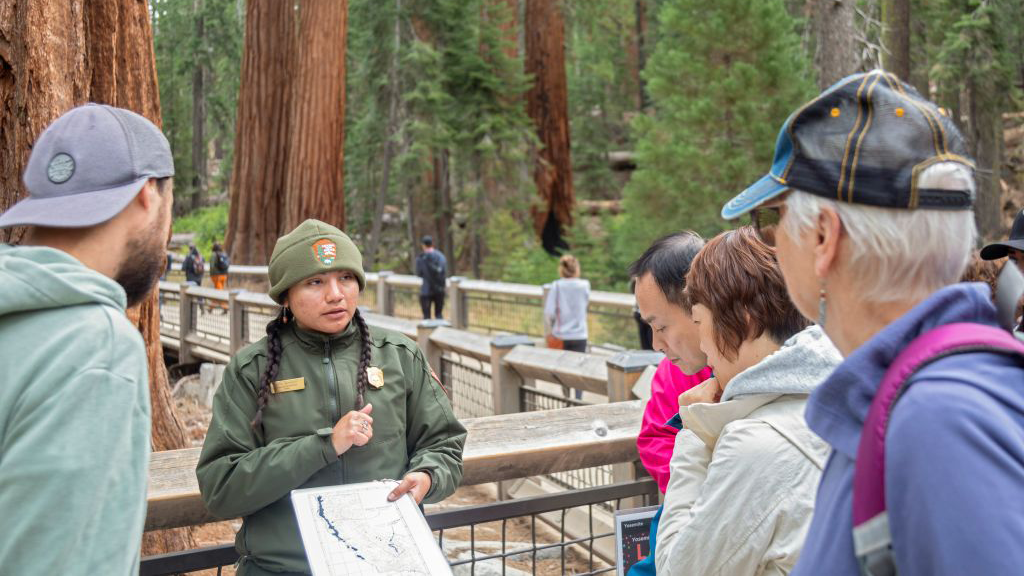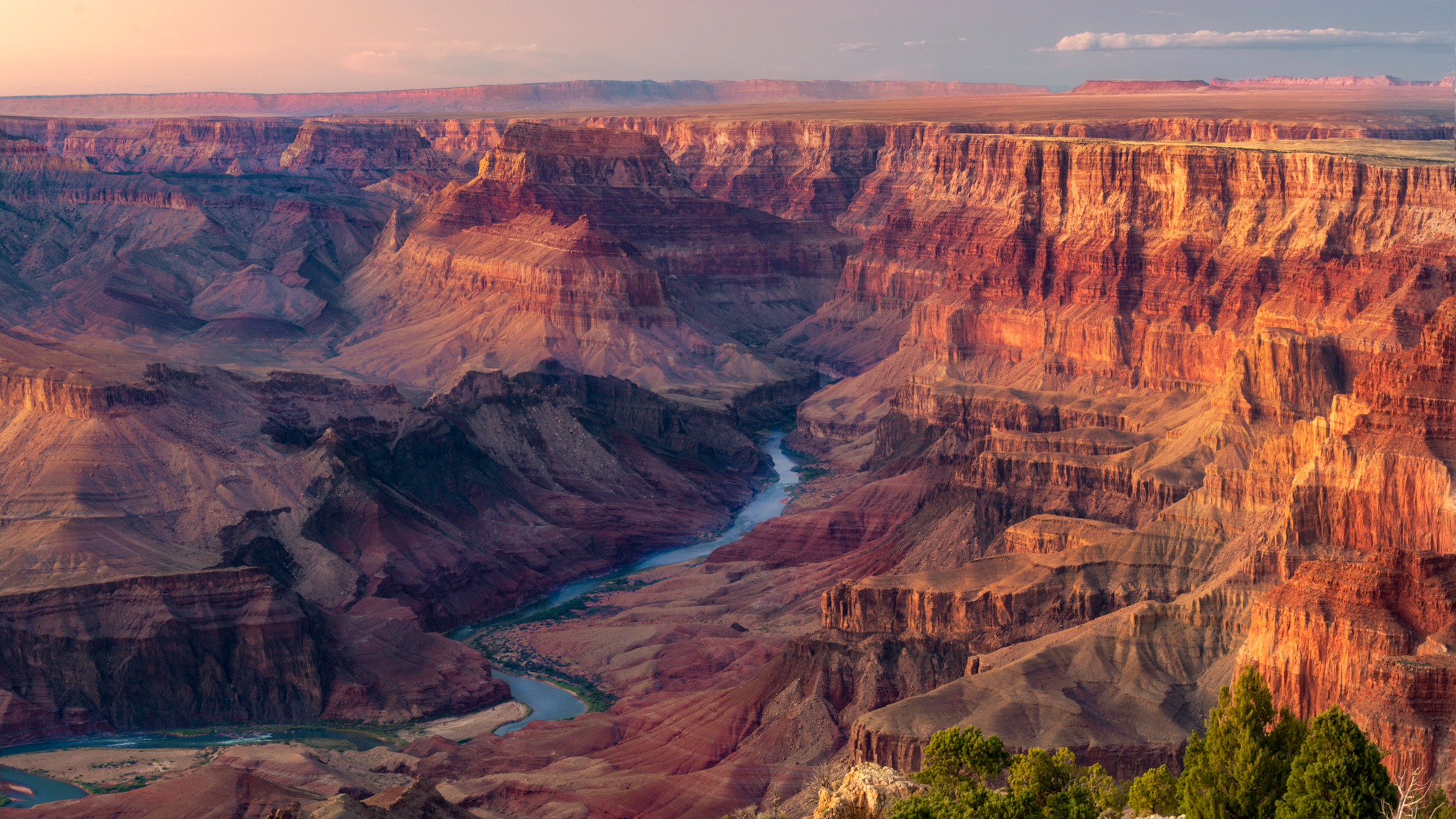"Efforts to assist hikers may be delayed due to limited staff" - Grand Canyon trekkers warned not to rely on rescue teams after 74-year-old dies attempting 24-mile walk in extreme heat
The National Park Service has suffered thousands of job cuts to crucial services like search and rescue

All the latest inspiration, tips and guides to help you plan your next Advnture!
You are now subscribed
Your newsletter sign-up was successful
Authorities at Grand Canyon National Park have warned hikers that rescue teams may not be able to come to their aid due to staff shortages.
They are urging hikers to take responsibility for their own safety following the death of a 74-year-old man in extreme heat.
Dennis Smith of Olympia, Washington, was discovered unresponsive while attempting to hike from the canyon's north rim to its south rim.
The daunting 24-mile (38.6km) trek leads hikers 6,000ft (1,829m) down to the canyon floor before gaining a further 4,500ft (1,372m) of unforgiving canyon trails
National Park Service staff shortages
While there is no implication that Smith died due to a slow rescue response, the National Park Service says hikers should bring their own emergency medical equipment and not rely on understaffed search and rescue services.
"Be aware that efforts to assist hikers may be delayed due to limited staff, the number of rescue calls, and employee safety requirements," reads an NPS statement.
Earlier in the statement, the NPS warned against the dangers of hiking extreme heat.
All the latest inspiration, tips and guides to help you plan your next Advnture!
"The NPS urges all visitors to Grand Canyon National Park, particularly those planning to hike or backpack in the inner canyon, to prepare for extreme heat in the coming days.
“Temperatures in the inner canyon are expected to reach 100°F (38°C) by the end of this week, making it critical for hikers to take proper precautions.”

National Parks across the country have been forced to reckon with drastic job cuts since the inauguration of President Trump.
Thousands of temporary and full-time park employees have lost work, while some permanent employees have been offered a buyout of up to $25,000 to leave their jobs.
Medical professionals, administrators, and search and rescue workers are among those to lose their jobs, leaving the parks short of vital staff right before the peak summer period.
Multiple protests have been organized in response, and park lovers have taken to the streets to voice their frustration at the drastic cuts.

In spite of the shortage, all 63 US parks have been ordered to remain open, a move which campaign groups have strongly criticised.
"This is yet another attempt by the administration to sideline the expertise of dedicated park staff," reads a statement from Kristen Brengel of the National Parks Conservation Association, which advocates for America's national parks and NPS workers.
"It’s micromanagement at its worst, creating more red tape when park staff are already stretched dangerously thin and dealing with peak visitation season."
Hot weather hiking

If you take the right precautions, hiking can still be both fun and safe in the summer months. Keen to hit the trails? Check out some of our essential tips for safe summer hiking.
- Stock up on water. When temperatures are touching the 90s, you should aim to bring more than what you’ll need. 1.6 to 2.1Ga (6 to 8L) are recommended for an average eight-hour hike.
- Replace lost electrolytes. In scorching temperatures, you’ll lose a lot of salt through your sweat, so make sure to stock up on salty snacks like potato chips and peanuts to avoid becoming hyponatremic.
- Dress appropriately. You can protect yourself from the sun by wearing the right clothes. Loose, lightweight nylon and polyester clothes can encourage airflow and increase breathability as you hike. A good pair of sunglasses and a protective sunhat are also crucial.
- Wear sunscreen. Sunscreen is an essential tool for protecting your skin from the sun's harmful UV rays, which can lead to painful burning, skin cancer, and premature aging.
- Hike within your limits. Scorching days aren't the time to push your boundaries. Hike within your limits and don't be afraid to take a break if you feel tired or light-headed.
- Go with a friend. If you're trekking through remote wilderness areas, it's best not to go alone. A companion can provide essential care and find help in an emergency situation.
For more summer hiking advice, check out our expert guide.
- The best trekking poles: take the pressure off when you're out on the trails
- The best hiking shorts: tested and rated for summer adventures

Will Symons developed his love of the outdoors as a student, exploring every inch of Sussex’s South Downs national park and swimming off the Brighton seafront. Now a staff writer for Advnture, Will previously worked as a freelance journalist and writer, covering everything from cricket to ancient history. Like most Advnture staff, Will’s free time is rarely spent indoors, he can often be found hiking, open water swimming or playing cricket.
